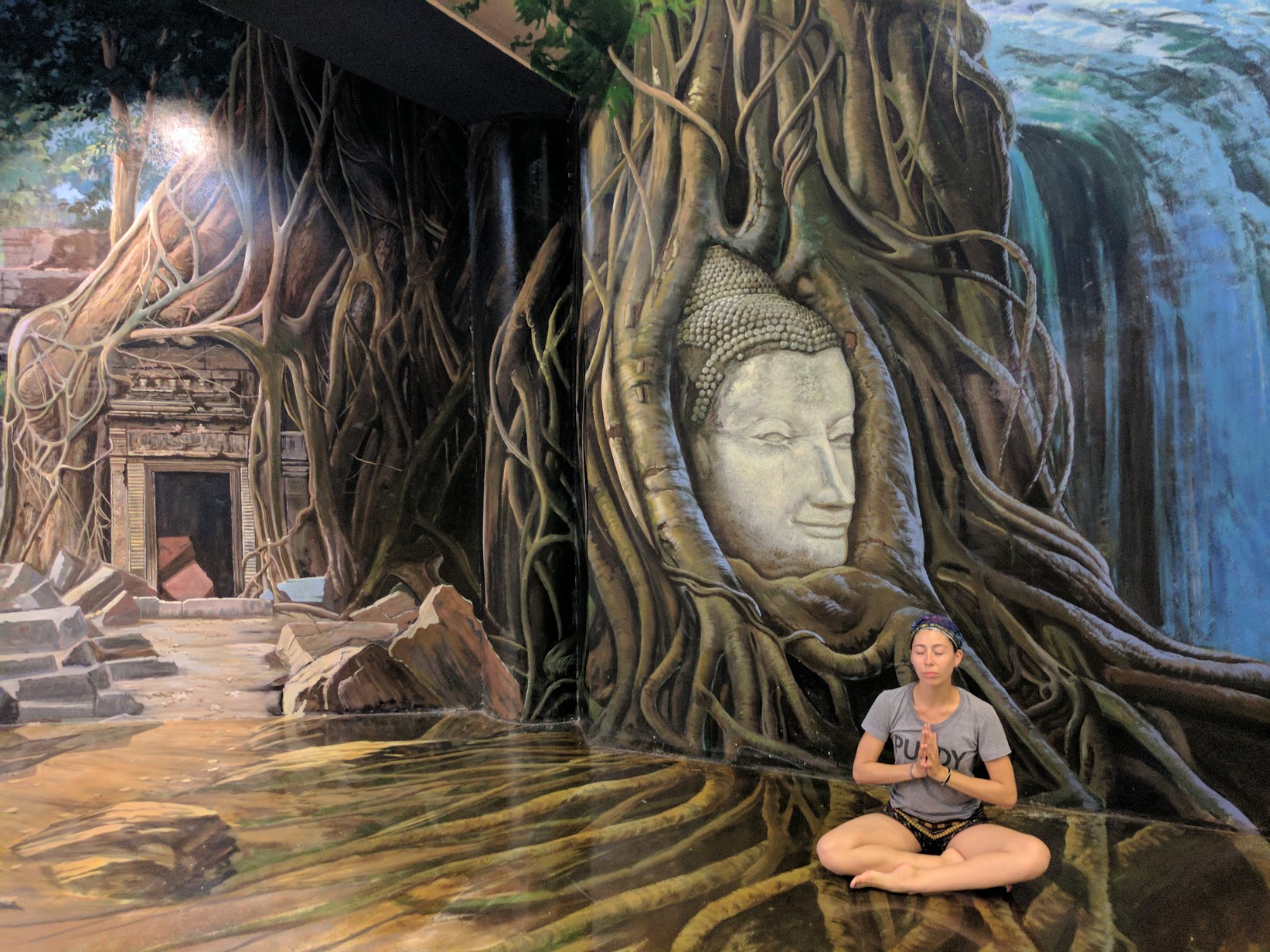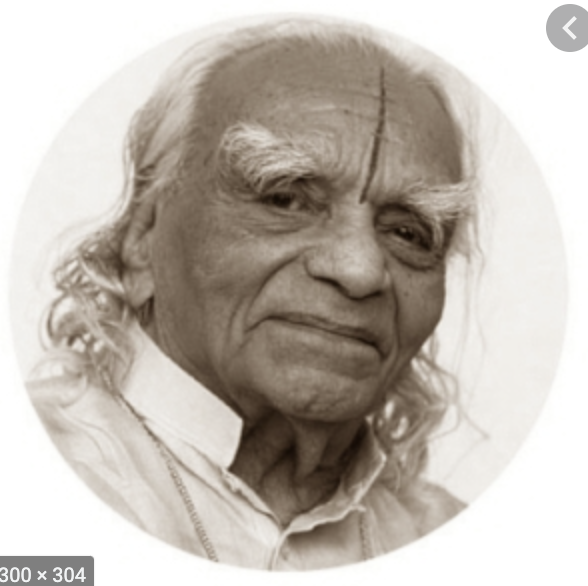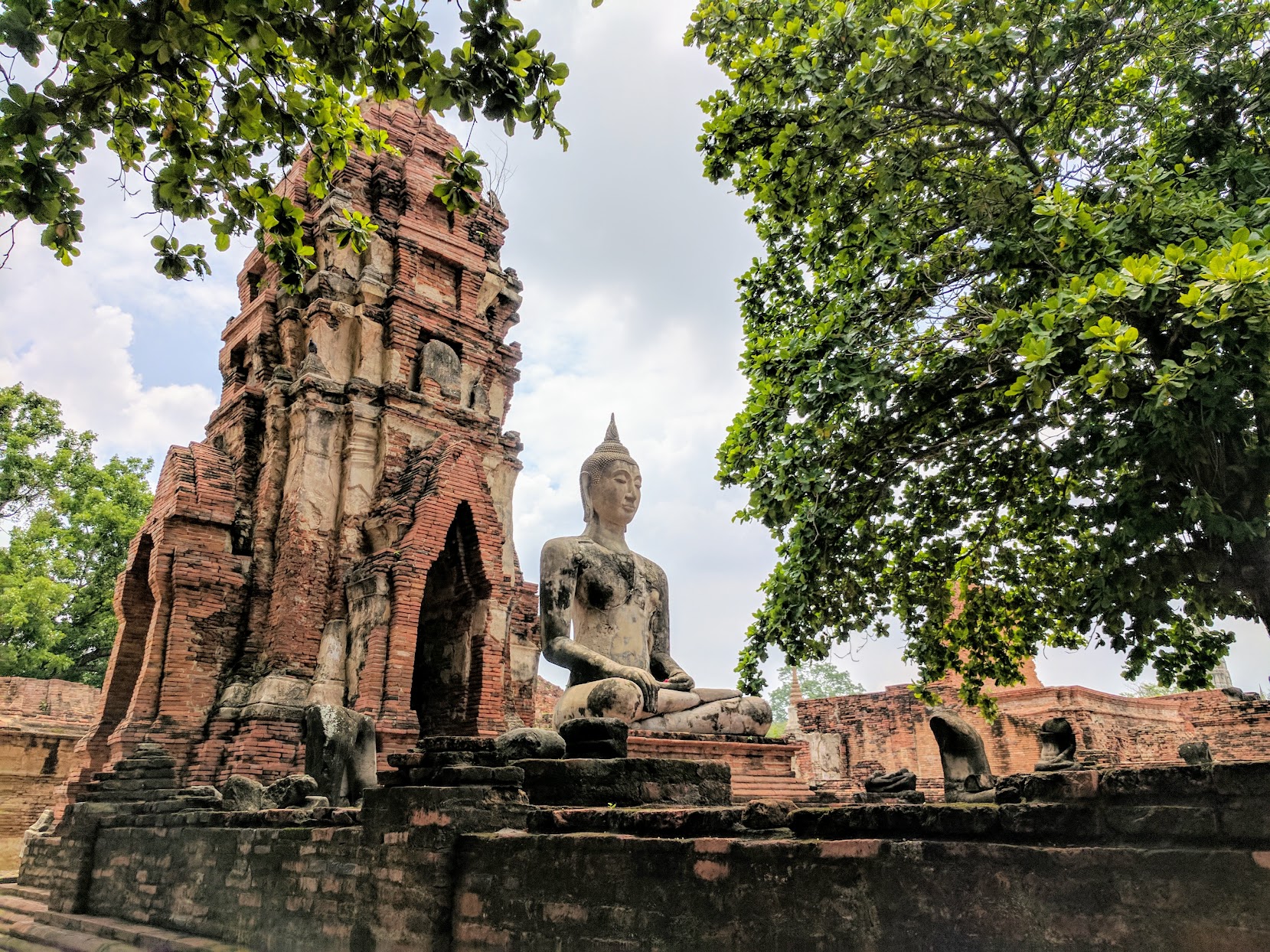What is Meditation?
Meditation is conscious focus or concentration. Essentially, it is the art of paying attention.
While there is a common belief that meditation requires a quiet space, complete stillness, or total elimination of thoughts from the mind, this is untrue. Thus, the pressure is off!
Not only are there are as many ways to train the mind as there are ways to train the physical body, but some methods fit particular individuals better than others.
In fact, according to clinical studies not all forms of meditation are recommended across the board or equally accessible for every individual.
Many meditative styles are similar but diverge based on lineage or disciplines.
If one kind of meditation doesn’t work for you, please feel empowered to try different styles on your journey!

For best results, meditate daily!
Types of Meditation
Moving Meditation
Moving meditation such as running, biking, flow yoga, and ecstatic dance are great examples of practices that release excess energy that can make sitting still for meditation challenging. This somatic (bodily) release can be a helpful alternative to those with tendencies to ruminate in anxious or depressive thoughts during stillness. Additionally, it provides practitioners with benefits of increased proprioception and interoception. Proprioception is spacial awareness of the body and surroundings; and interception is sensational awareness within the body. Breath is often essential to and linked with meditation that utilizes the body.
Pranayama / Breathing Techniques
Pranayama, breathing techniques, are one of the quickest links to your nervous system. This meditative practice is available to us in every moment. Our exhales can be a source of calm, especially when we breathe exclusively through the nose and exhale out completely. Anxiety, anger, fear, and many emotions linked with breathing dysfunction may be healed through conscious change of inhale, retention, exhale and/or suspension. When seeking an achor for the mind, bring attention back to the breath again and again to prevent it from wandering into unhelpful thought patterns.
Body Scans
Body Scans consist of systematically sending awareness throughout the body to observe physical sensations non-reactively. In theory, the practice of non-reactivity translates to potentially triggering things outside of meditation. Interoception is built in this place as well and can ultimately lead to deeper states of relaxation and ease as various parts of the body are acknowledged and softened. Sometimes this technique is also described as non-sleep deep rest, or NSDR

“The mind is the king of the senses, but the breath is the king of the mind.“
—B. K. S. Iyengar (Father of Modern Yoga)
Mindfulness Meditation
Mindfulness Meditation is widely accessible without guidance and requires objective witnessing of day to day life. As we dis-identify from personal connection to situations to observe what arises, we may find challenging circumstances such as traffic or long lines become great opportunities to be with what is without judgment of it. This allows enjoyment of life to the fullest. Mindfulness and zen meditation are similar but the latter tends to occur in a comfortable seated position for an allotted portion of time. The point of sitting still and observing thoughts is not necessarily to stop them, but to stop reacting to them in ways that cause the mind to suffer.
iRest® (Integrative Restoration) Yoga Nidra
iRest® Integrative Restoration is a style of meditation adapted from the ancient Tantric lineage of yoga nidra. Yoga Nidra translates from Sanskrit to English as “Yogic Sleep” and aims to utilize body scans, mindfulness and other techniques that can provide an opportunity to experience deep healing and peace similar to the regeneration of sleep. iRest® has been clinically proven to reduce cortisol and may relieve pain or suffering. Jules is a Level 1 iRest® Teacher who personally practices this technique regularly.
Kundalini Yoga
Kundalini Yoga encompasses a variety of kriyas, or practices aimed at balancing the energetic body. This can include mantra recitation known as chanting japa, which brings the mind to a single point of focus while awakening the psyche through archetypal invocation. Subtleties such as mudras, hand “seals” or “gestures,” can direct energetic flow through ancient sister sciences to reflexology. Certain movements paired with mantra can open and move energy in ways that can lead to spiritual awakening as well.
Metta Meditation
Metta Meditation or the practice of cultivating loving kindness, helps to create an attitude of compassion and general good-will towards oneself and fellow beings. Clinical studies show that there are numerous benefits to this practice that aids neuro-plasticity. This practice can be directed towards loved ones or those who challenge us as a means of opening the heart.
Sound Bath Meditation
Sound Bath Meditation is a practice of noticing how sound vibration lands on the body and affects it. There are many recorded tracks for this are available, but the best way to experience a sound bath is in person with a live musician or sound healer.

Bhramara Mudra, or Bee Mudra, aids in respiratory issues such as allergies.
Why is Meditation Good for You?
“The universe is not outside of you. Look inside yourself; everything that you want, you already are.”
Rumi
Meditation has been clinically studied and proven to reduce the stress hormone cortisol, which can cause inflammation, weight gain and pain in the body.
Studies show that people with a meditation practice tend to sleep better. The practice of calming a racing mind and tense body can aid insomnia.
Folks with General Anxiety Disorder (GAD) and depression reported fewer symptoms while engaging in mindfulness practices.
Yoga has been recognized as a supplementary treatment for chronic pain by the Walter Reed Army Institute of Research.
Exercising your brain in meditation can help with memory loss in aging individuals and attention span in all ages.
Meditation is meeting yourself where you’re at. If you’re bored with yourself, what does that say about you?
“Until you make the unconscious conscious, it will direct your life and you will call it fate.”
Carl Jung

Various cultures throughout history have depicted practitioners in seated meditation. Image captured in Ayutthaya, Thailand.
3 Comments
temp mail · December 19, 2023 at 7:21 am
This theme is simply incomparable :), I like it)))
mail7.net · December 27, 2023 at 10:23 pm
Oppa. Found it by chance. The internet is a great thing. Thanks to the author.
mail7.net · May 17, 2024 at 5:46 am
Great, very helpful post